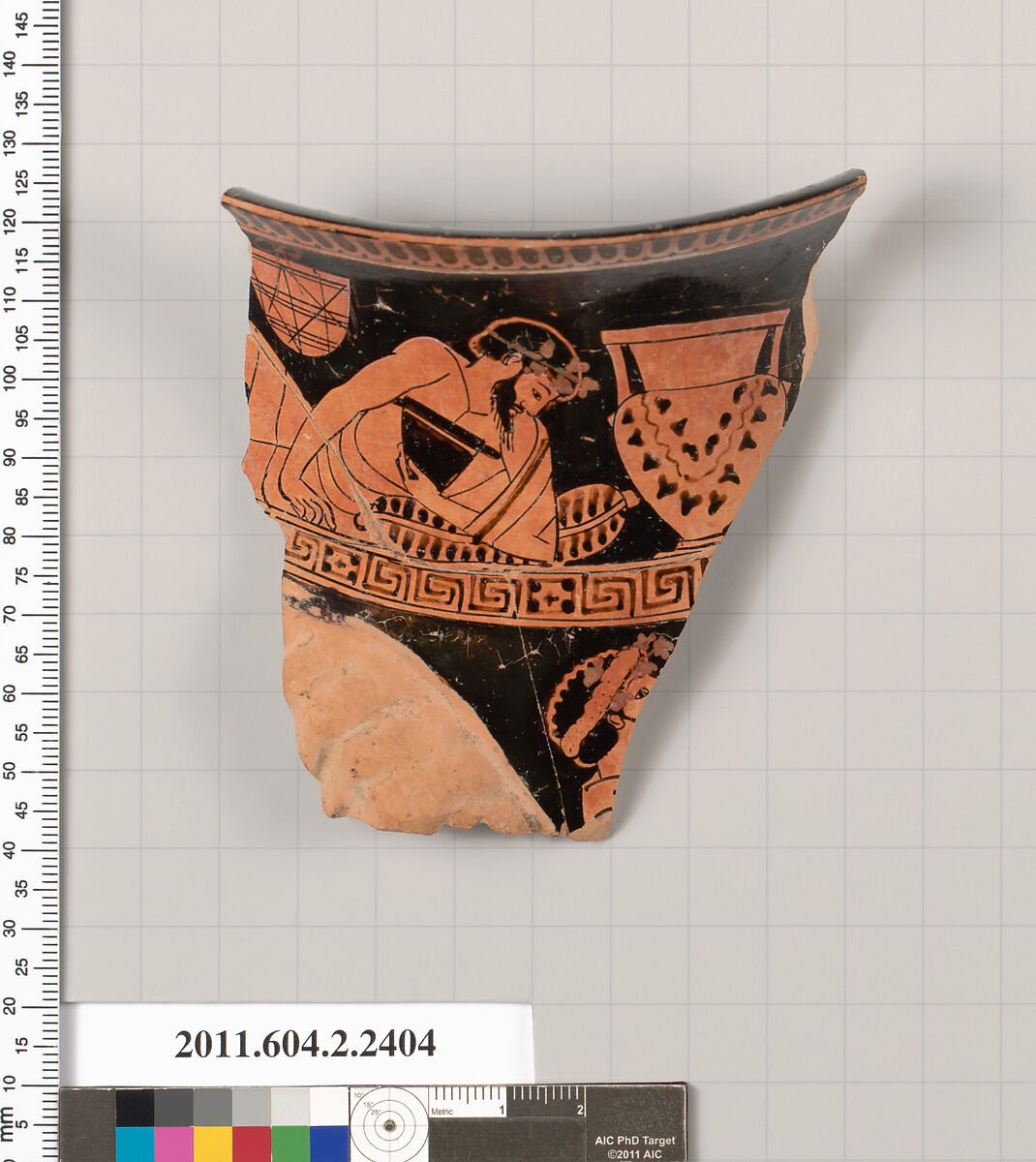Cole Mueller
Computer Engineer 05/2025
Hello World! I am a college student at Kansas State University studying computer engineering and classics. I work on microcontroller projects, I do digital design, and every once in a while I build something using 3D printing, woodworking, CNC, laser engravers etc. This website is to document all of those projects as well as act as a portfolio of my best work.
Check out my Linked-In!
Why is this a website?
HTML is the ultimate information platform.
My issue with most blog or document forms of sharing information is that they are inherently one dimensional. I can have sections, and I can even have links to jump from section to section, but in any case my information can only go downward. HTML allows for multidimensional display of information, not only can you display downward as far as necessary, but you can navigate to different pages and even the pages can have their own set of pages. This takes the same fundamental idea that makes windows more user friendly than linux. This also functions as a useful place for me to store my references which I was already uising HTML for in the first place. And yes, I know that if I had used a website builder instead of coding by hand this website would look much better, but I like coding much more than I like dealing with a GUI.
Citations
All of the images I use on this website, like this lovely terracotta example of a man at a symposium (Did I mention I was a classics student as well?), are all from the public domain. Most of the images will be artistic or historical documentation that can be found from museums, the national archives, etc. Actual texts will either be original Latin / Greek or other open source literature from places like Project Gutenberg. Code and academics are where things get difficult. Many coding problems are simply solved problems. How do we traverse a binary tree the fastest? We don’t remake the wheel, we look into the algorithm and program it- maybe even look up a sample code to refer to. It can be hard to draw the line between stealing code and simply using a very common set of lines. Here’s my rule of thumb: If I copy lines without much modification, I’ll let the header specify the original author and record that it was modified by me. Otherwise, if the vast majority of code was rewritten for a new purpose or to structurally changed greatly, I will list myself as the original author. A similar problem exists with my review sections on certain topics, obviously I didn’t discover all of this knowledge. I simply gathered and organized it from many different sources. All of this knowledge is objective fact, so it becomes difficult to cite especially after its all been already rewritten into myown words- for example how would I cite “Current is the movement of holes through a conduit.”. Since that is myown phrasing and it is very difficult to cite the original discoverer on many of these simple facts, it is simply left uncited. For this reason, most of my reference pages will be without any citations.
